
ncfpd.umn.edu - Friday, April 4, 2014
Under the dynamic conditions of rapid climate change and broader global changes, resilience and sustainability are not being achieved through traditional emergency management and humanitarian approaches alone. While community-based resilience networks are now beginning to emerge in a race to stabilize New York City's coastal communities significantly impacted by Superstorm Sandy in 2012, many impacted neighborhoods are still trending toward greater vulnerability plaguing recovery and preparedness for the next wave of potentially larger storms.
10amCT / 11amET (One hour long)
Presented By:
Michael D. McDonald, Dr.P.H.
Chairman, Global Resilience Inititatives
Executive Director, Health Initiatives Foundation, Inc.
Facilitated By:
John T. Hoffman, Col., USA, Ret.
Senior Research Fellow, National Center for Food Protection and Defense
CLICK HERE FOR REGISTRATION AND ADDITIONAL INFORMATION




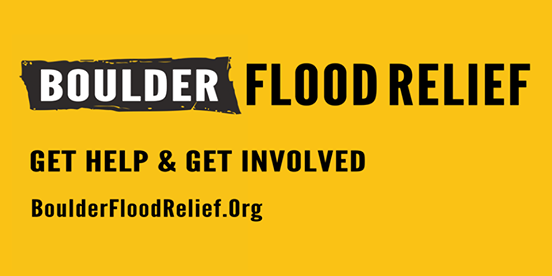
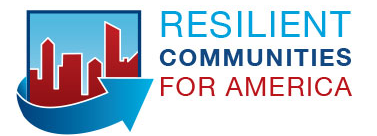
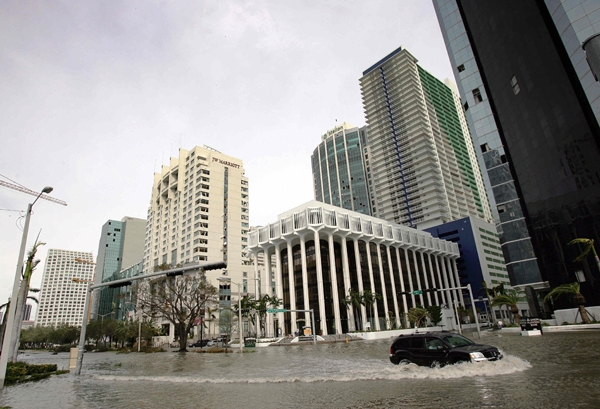
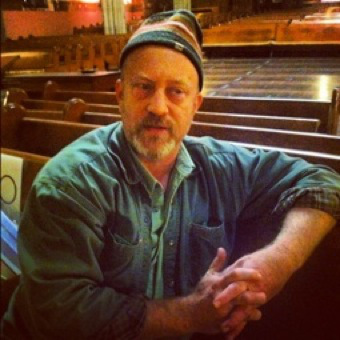
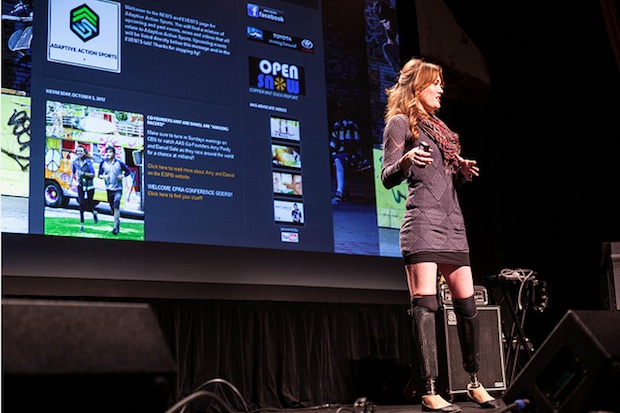
Recent Comments